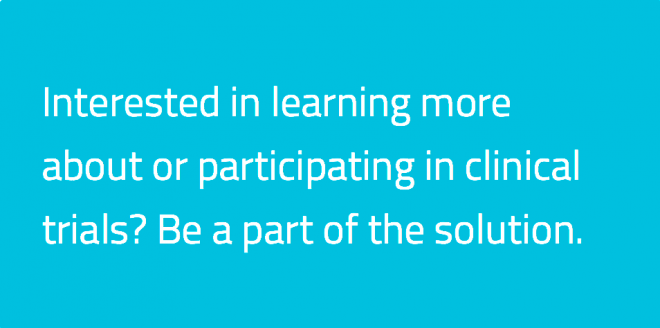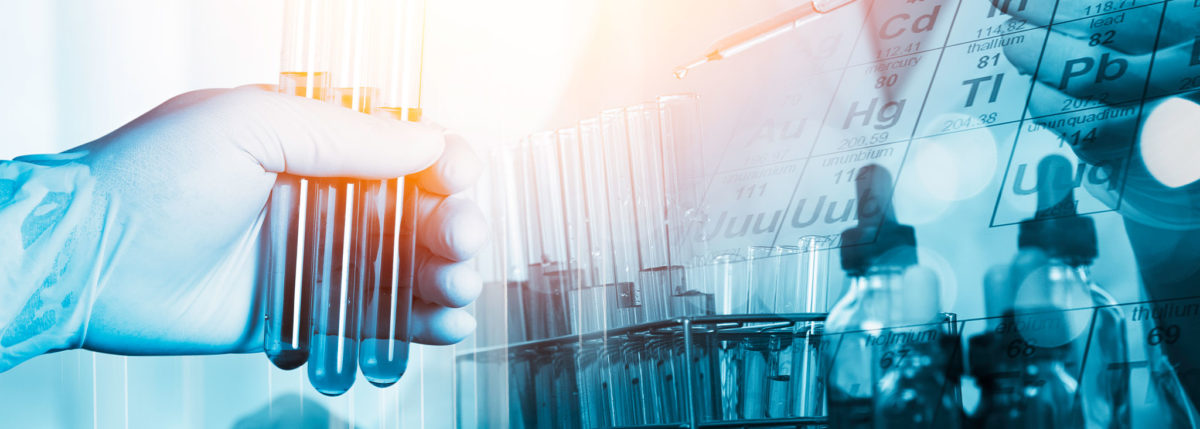Cell Replacement and Type 1 Diabetes: Encellin’s Solution
For years now we’ve heard and seen the research being done around cell-replacement therapy and type 1 diabetes. While global medical, pharmaceutical and biochemical industries have been unable to keep an ill pancreas from dying, the field of regenerative medicine is getting closer and closer to finding an organic workaround through encapsulating healthy pancreatic islet cells in a device surgically implanted into the body.
These devices, when they work, take over for the pancreas and begin generating insulin in the body again.
It’s a wild concept, but it’s well underway, with various cell-encapsulation treatments in different stages of development and trial testing.
Encellin, a San Francisco-based start-up, may be close to solving a key riddle that has long vexed companies working on implantation treatments: autoimmune rejection.
The body doesn’t like foreign materials. So when foreign materials, say insulin-producing cells harvested from a cadaver and placed in a delivery device that vascularizes in the body, are detected, the immune system responds. Immunosuppressants, a class of drugs that suppress the strength of the body’s immune response, can help prevent immune rejection. The trouble, though, is that they carry their own set of risks and side effects.
A home for cells
Here’s where Encellin comes in. Company Founder and CEO Crystal Nyitray, Ph.D., says Encellin is invested in finding a safe way to replace missing, diseased or damaged cells in the body, and it is beginning that work by tackling the glucose-detecting and insulin-producing cells missing for those with type 1 diabetes (T1D).
“We really started to think about cells, about what they need to be happy, healthy and protected,” Nyitray said. “What are the features that could really make this therapy an option? That led me down the path of this particular cell-encapsulation approach.”
Nyitray’s cell-encapsulation approach is indeed novel. Unlike other islet implant systems, Encellin’s encapsulation device is essentially a closed system made of bio-readsorbable material that can be used to either provide long-term protection or protection until immune tolerance is achieved.
Nyitray and her colleagues are designing a device that encases live pancreatic islet cells in a flexible membrane. This membrane consists of two nano-porous layers of material that hold the cells much like a teabag holds tea. According to Nyitray, the membrane is just permeable enough to allow the donor cells to both detect glucose levels and secret insulin through the material. Yet it’s not so porous as to allow immune system cells in, thereby, in theory, preventing immune rejection.
The circular-shaped device, which is about the thickness of a human hair, is minimally invasive and designed with a mind towards the environments in which cells naturally thrive.
Currently, the company is fundraising in hopes of getting through its first human safety study. In such a study, the safety of the device for implantation would be determined and the foreign-body response of the immune system gauged.
After establishing safety, the company hopes to begin studies and trials to evaluate efficacy.
Traditionally, implanted islet devices last for one to two years in the body. “Some patients have lasted seven and a few up to ten years,” said Nyitray. “The current product that we’re looking at is aiming to match current transplants.”
“One benefit we’ve seen so far in animals,” said Nyitray, “is biocompatibility and very limited fibrosis, which means that this could to be a lot more comfortable for a patient and simplify the implant procedure for patient.”
Another benefit the company is seeing: people are taking notice.
In November, Encellin was selected as the winner of the 2017 HealthTech Showcase at the American Diabetes Association’s 22nd Annual Leaders Forum luncheon. The showcase brings together Silicon Valley biotech companies, venture capitalists and investment banking executives to evaluate the most promising start-ups coming out of the medical sector of the tech industry. At the event, three finalists presented their work to a panel of HealthTech industry judges. Encellin, with their proposed membrane-based, islet implant device, was chosen the winner, a distinction that comes with a fair amount of prestige and buzz and a $10,000 prize.
A different kind of culture
Unlike other biomedical companies pursuing cell-replacement therapies for T1D, Encellin operates with a very small staff and a scientific advisory board made of scientists and university professors and researchers. At heart, they are all scientists gathered in pursuit of a scientific solution to a scientific problem.
“We really think of ourselves as a very efficient, very technical, science-led team,” said Nyitray. “We want the science to be safe and solid. We want the data to be good. We want the right approaches for patients. And we govern our decisions based on all that.”
Having a small team, Nyitray added, allows Encellin to develop the right therapies, focusing on the therapeutic side of effective treatment, reducing unnecessary amounts of pills, and limiting invasive procedures.
“For us,” said Nyitray, “this is a passion. And we believe in what we are doing.”






